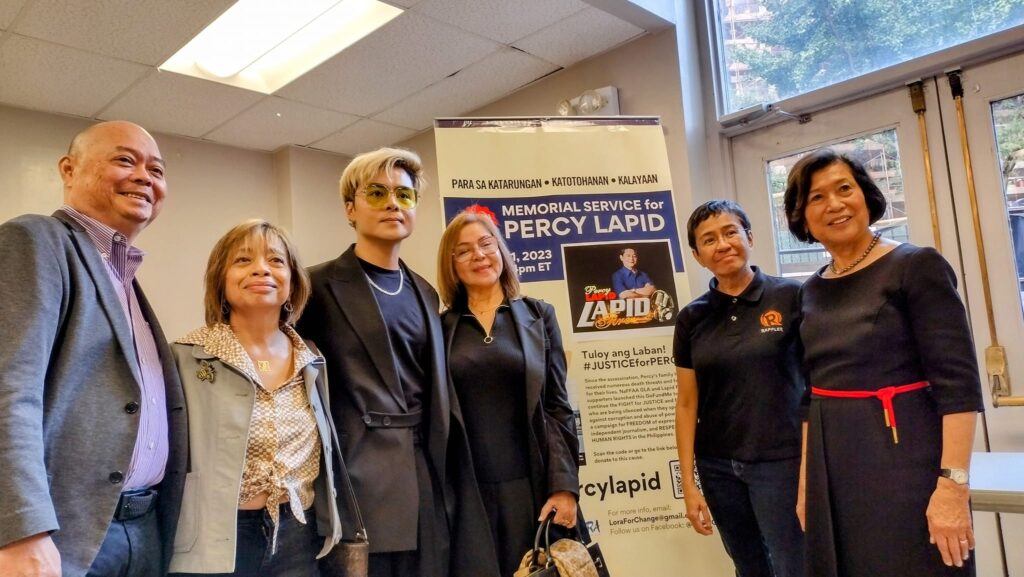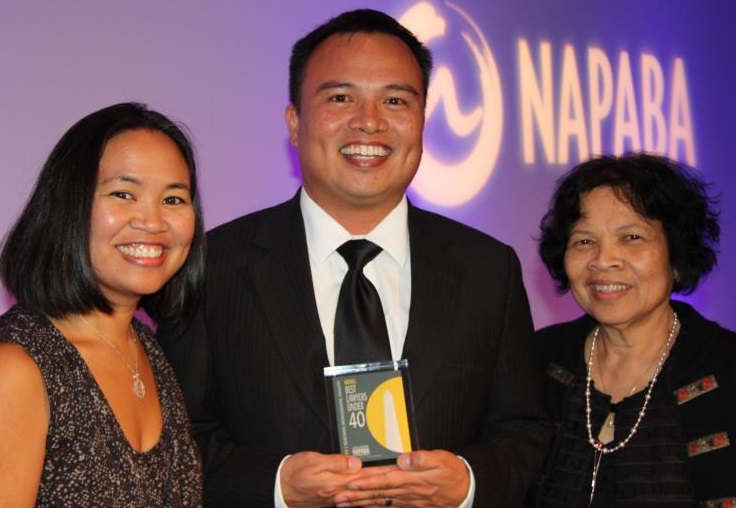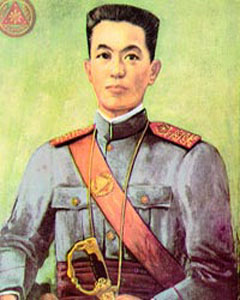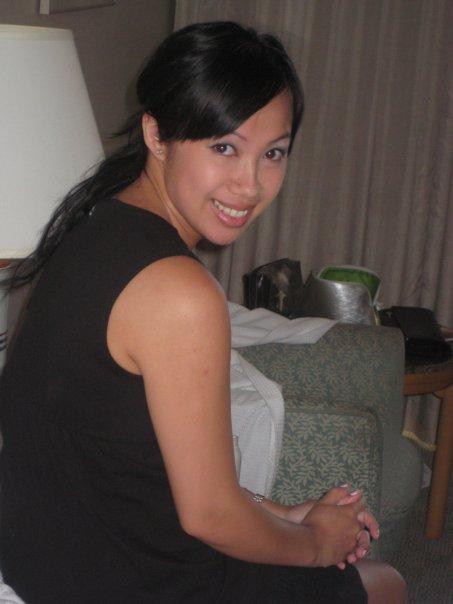Journalists decry unsolved murder of radioman Percy Lapid
By Marivir Montebon
Amid dreary economic and political times, Filipino journalists say the recipe for justice remains the same: sticking to facts and accuracy and strengthening communities of support and collaboration in holding power to account.
Veteran journalists senior editor at the Asian American Writers Workshop Noel Pangilinan, Columbia University Journalism school professor Sheila Coronel, and 2021 Nobel Peace Prize awardee Maria Ressa, who is the CEO and co-founder of Rappler, spoke during a memorial service for slain Filipino journalist Percy Lapid in the Philippines at the Towers on the Park on the upper west side of Manhattan.
The community event on October 1 was moderated by Marivir Montebon and initiated by philanthropist and community leader Loida Nicolas Lewis.
Pangilinan presented the Philippine media situation. He said the Philippines is ranked as the seventh worst country in the world, in terms of number of journalists murdered in the line of work and where most of their killers go unpunished. He said that from September 1, 2012, to August 31, 2022, the murder of 14 Philippine journalists in retaliation for their work has remained unsolved. He cited the Committee to Protect Journalists’ Global Impunity Index which recorded 85 journalists who have been killed in the Philippines from 1992 to 2021.
“The Philippines is still among the world’s most dangerous countries for journalists,” he said.
Lapid, a radio journalist, 64, was killed on October 3, 2022, by gunmen while he was on his way to his son’s house in Las Pinas. He died instantly. He was a staunch critic of the Duterte and Marcos governments, particularly exposing graft and corruption in his program called “Lapid Fire.”

Lapid’s son Mark and widow Marilou attended the memorial service, organized by the US Filipinos for Good Governance, the Global Youth Leaders for Democracy, the National Federation of Fil American Associations, and the Filipino American Press Club of New York.
Reading a tribute for his father, a tearful Mark Mabasa remembered ‘Ka Percy’ as having often said that his exposes are not an act of bravery, they are just an act of responsibility. “Papa stood for truth. He said ‘ang tapat (honesty in Pilipino) would still remain tapat even if you reverse the spelling of the word,’” he mused.
The Mabasa family is still actively pursuing justice for Percy Lapid’s demise one year ago. His brother Roy is currently taking over his “Lapid Fire program.”
Will justice ever see light in the Philippines was the desperate question during the event. Veteran journalist Sheila Coronel mentioned small community-based successes of justice being delivered as activists pushed for reforms or questioned policies.
Maria Ressa resonated Coronel’s encouraging insight. “I speak for experience in Rappler. I didn’t do it alone holding power to account. We were a team. We need media collaboration and build safe spaces within our circles, our community. Block upon block to protect and practice democracy,” she said.
Ressa added that the current times may be more difficult because of digital technology where fact and fiction are difficult to distinguish, but you have to do what you have to do, recalling the principle of responsibility stood for by Percy Lapid.
Ressa warned about the increased threats of democracies globally because of artificial intelligence.
“I have always been a staunch critic of digital technology. With it, democracies need more protection. It takes more effort to pursue the truth or find justice, but if the village takes faster to unite and build community, things could get better faster,” she said.
Coronel recalled, there was Martial Law in the Philippines, and then there was People Power that ended the Marcos dictatorship. “So, there is hope. Impunity need not be the norm. Justice is attainable if we fight for it, if the stars align. But the stars won’t align alone. We need to prop them to align toward justice and accountability.”
This article was originally published in the news site www.MarivirMontebon.com.












